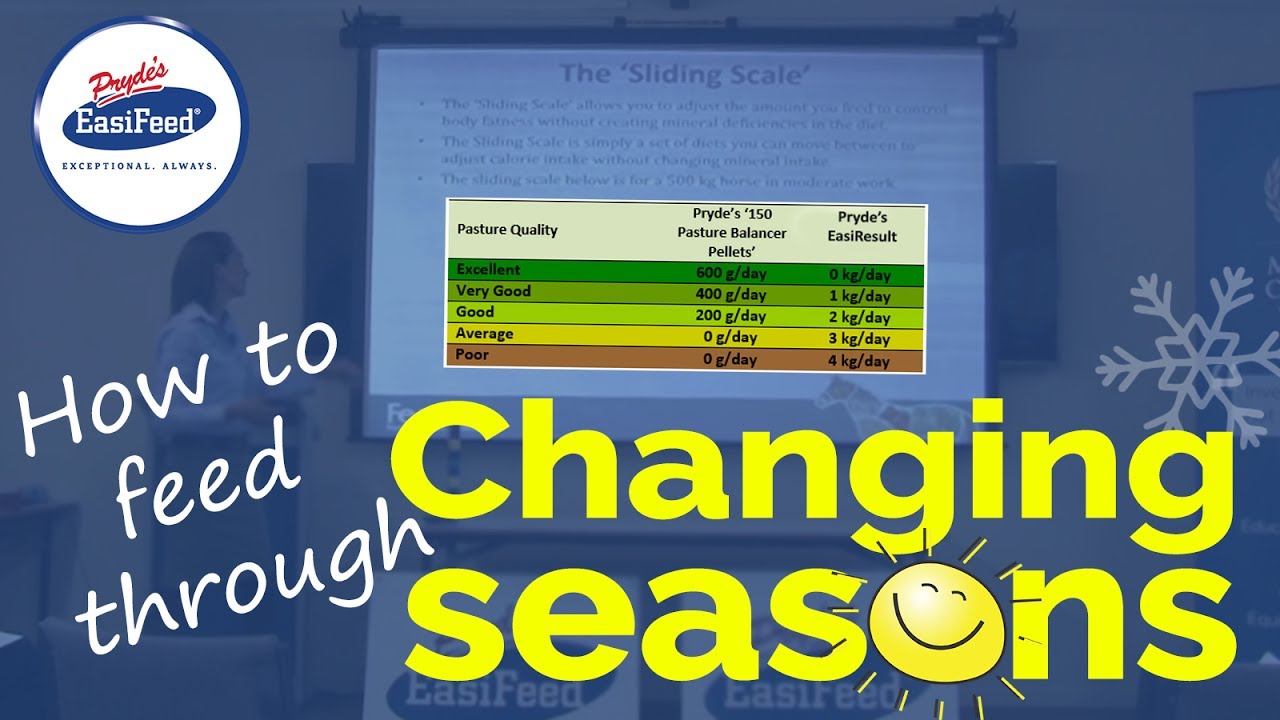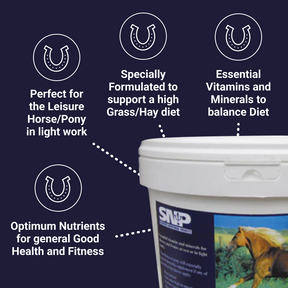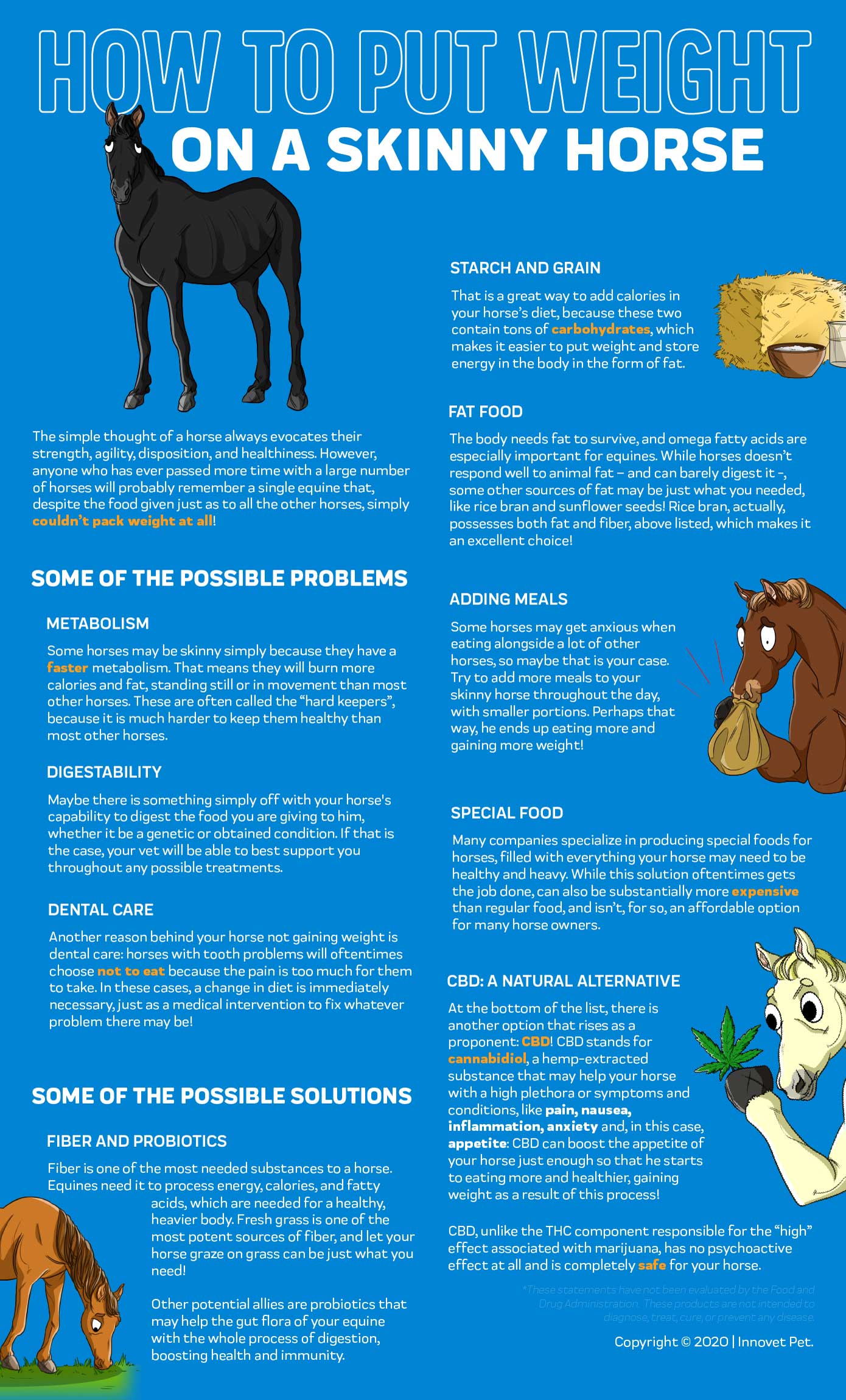The Importance of a Good Horse Diet

Maintaining a proper diet for horses is crucial for their overall health, performance, and longevity. A well-balanced diet ensures that horses receive the necessary nutrients to support their energy needs, muscle development, immune function, and digestive health.
Key Components of a Healthy Horse Diet

| Nutrient | Role in Horse Health | Common Sources |
|---|---|---|
| Forage (Fiber) | Supports digestive health and prevents colic | Hay, grass |
| Carbohydrates | Primary energy source | Grains, oats, barley |
| Proteins | Muscle repair and growth | Soybean meal, alfalfa |
| Fats | Concentrated energy and supports coat condition | Vegetable oils, rice bran |
| Vitamins | Essential for metabolic processes and immunity | Fresh forage, supplements |
| Minerals | Bone strength, nerve function, and enzyme activity | Salt blocks, mineral mixes |
Why a Balanced Diet Matters
- Energy Levels: Horses require varying energy depending on their activity, age, and health status. An imbalanced diet can lead to fatigue or obesity.
- Digestive Health: Horses have sensitive digestive systems; improper feeding can cause colic, ulcers, or laminitis.
- Performance: Athletes and working horses need tailored nutrition to maintain stamina and muscle function.
- Reproductive Health: Proper nutrition supports fertility and healthy foal development.
Tips for Feeding Your Horse
- Provide constant access to clean, fresh water.
- Feed high-quality forage as the diet’s foundation.
- Introduce grain and supplements gradually.
- Monitor body condition regularly to adjust feed.
- Avoid sudden changes in diet to prevent digestive upset.
Frequently Asked Questions (FAQ)
Q1: How much should I feed my horse daily?
A: Typically, horses eat 1.5-2.5% of their body weight in forage daily, supplemented with grains or concentrates as needed.
Q2: Can horses eat treats like fruits and vegetables?
A: Yes, treats like apples and carrots are safe in moderation but should not replace balanced feed.
Q3: What are signs of poor nutrition in horses?
A: Weight loss, dull coat, lethargy, and poor performance can indicate nutritional deficiencies.
Q4: Should I use supplements?
A: Supplements can be beneficial if your horse’s diet lacks specific nutrients, but consult a veterinarian first.
Conclusion
A good horse diet is fundamental to ensuring your horse’s health, happiness, and performance. By understanding the nutritional needs and providing balanced, high-quality feed, you can help your horse thrive throughout its life.
